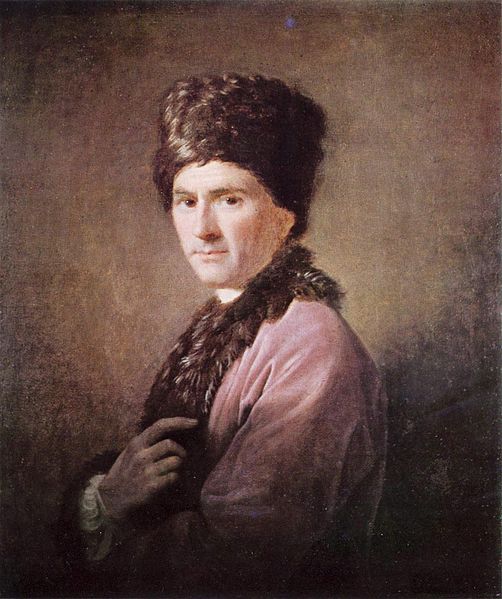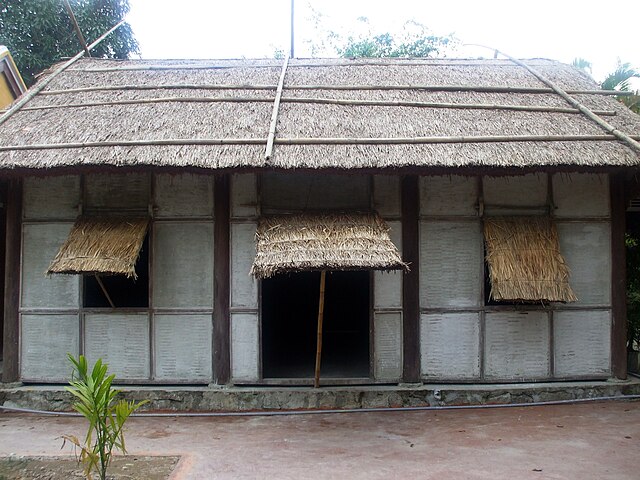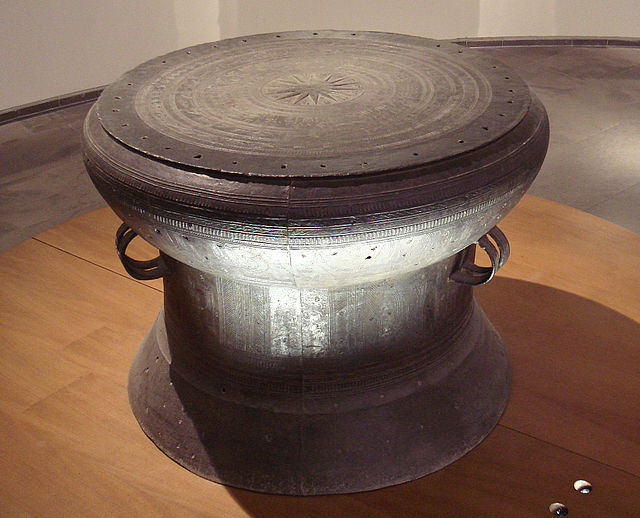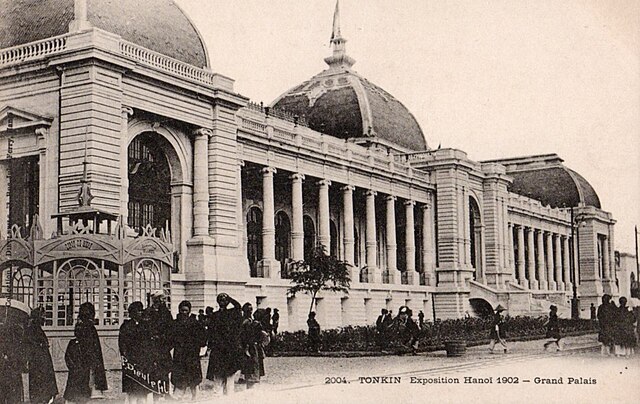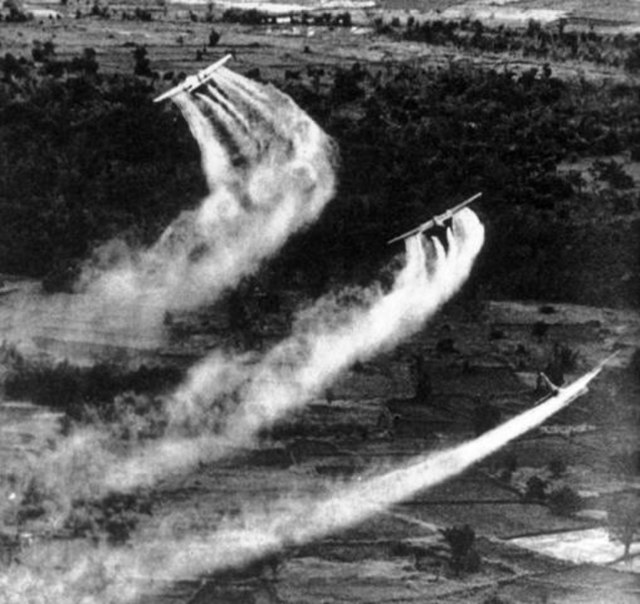Phan Bội Châu, born Phan Văn San, courtesy name Hải Thụ, was a pioneer of Vietnamese 20th century nationalism. In 1904, he formed a revolutionary organization called Duy Tân Hội. From 1905 to 1908, he lived in Japan where he wrote political tracts calling for the independence of Vietnam from French colonial rule. After being forced to leave Japan, he moved to China where he was influenced by Sun Yat-sen. He formed a new group called Việt Nam Quang Phục Hội, modeled after Sun Yat-sen's republican party. In 1925, French agents seized him in Shanghai. He was convicted of treason and spent the rest of his life under house arrest in Huế.
Châu, c. 1920
Phan studied the works of Enlightenment philosopher Jean-Jacques Rousseau.
Phan (right) with Cường Để, circa 1907.
Phan Bội Châu's House in Bến Ngự, Huế, where he spent his last fifteen years.
Vietnam, officially the Socialist Republic of Vietnam (SRV), is a country at the eastern edge of mainland Southeast Asia, with an area of about 331,000 square kilometres (128,000 sq mi) and a population of over 100 million, making it the world's fifteenth-most populous country. Vietnam shares land borders with China to the north, and Laos and Cambodia to the west. It shares maritime borders with Thailand through the Gulf of Thailand, and the Philippines, Indonesia, and Malaysia through the South China Sea. Its capital is Hanoi and its largest city is Ho Chi Minh City.
A Đông Sơn bronze drum, c. 800 BC
Capture of Saigon by Charles Rigault de Genouilly on 18 February 1859
The Grand Palais built for the 1902–1903 world's fair, when Hanoi became French Indochina's capital.
Three US Fairchild UC-123B aircraft spraying Agent Orange during the Operation Ranch Hand as part of a herbicidal warfare operation depriving the food and vegetation cover of the Việt Cộng, c. 1962–1971


